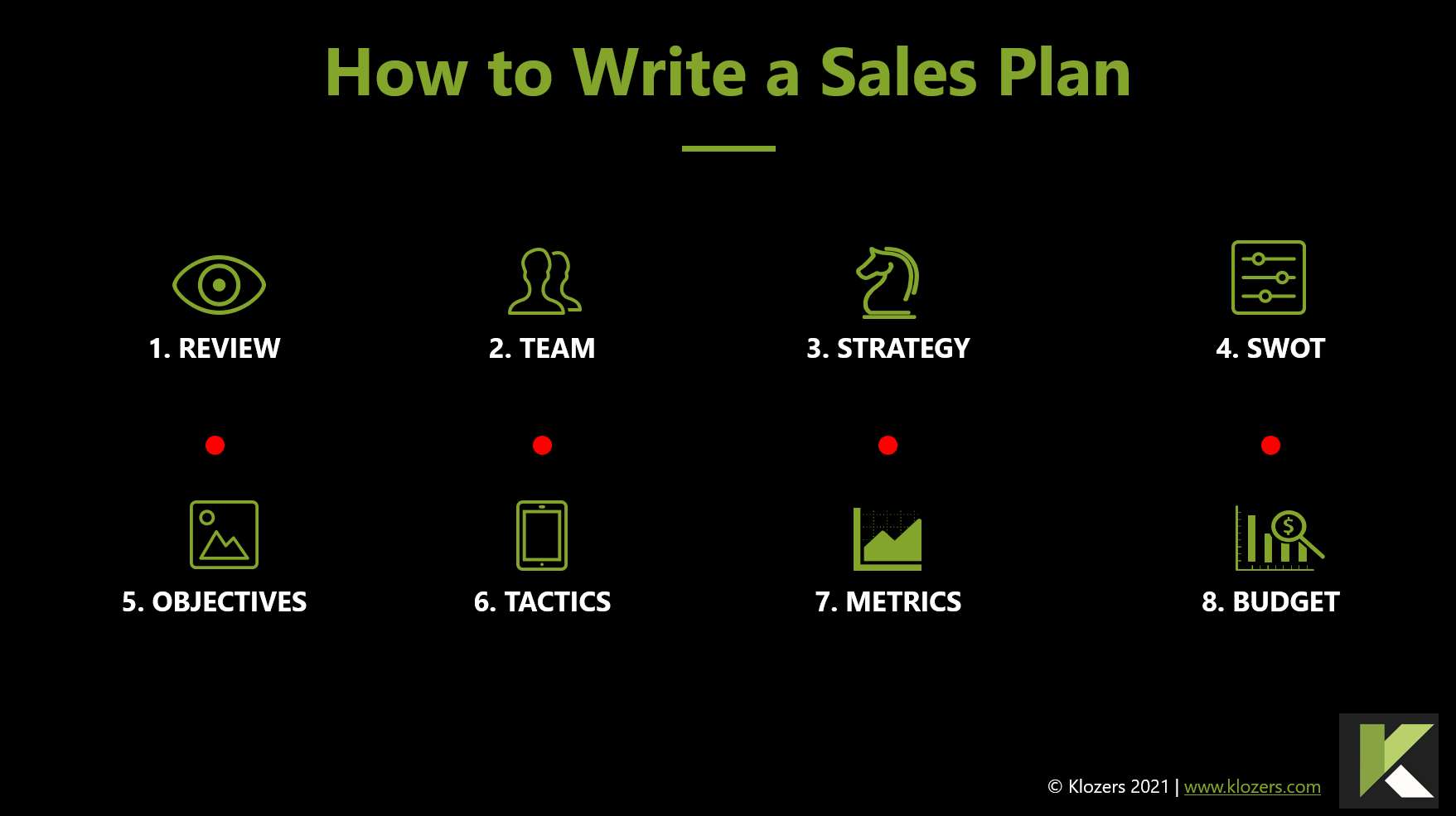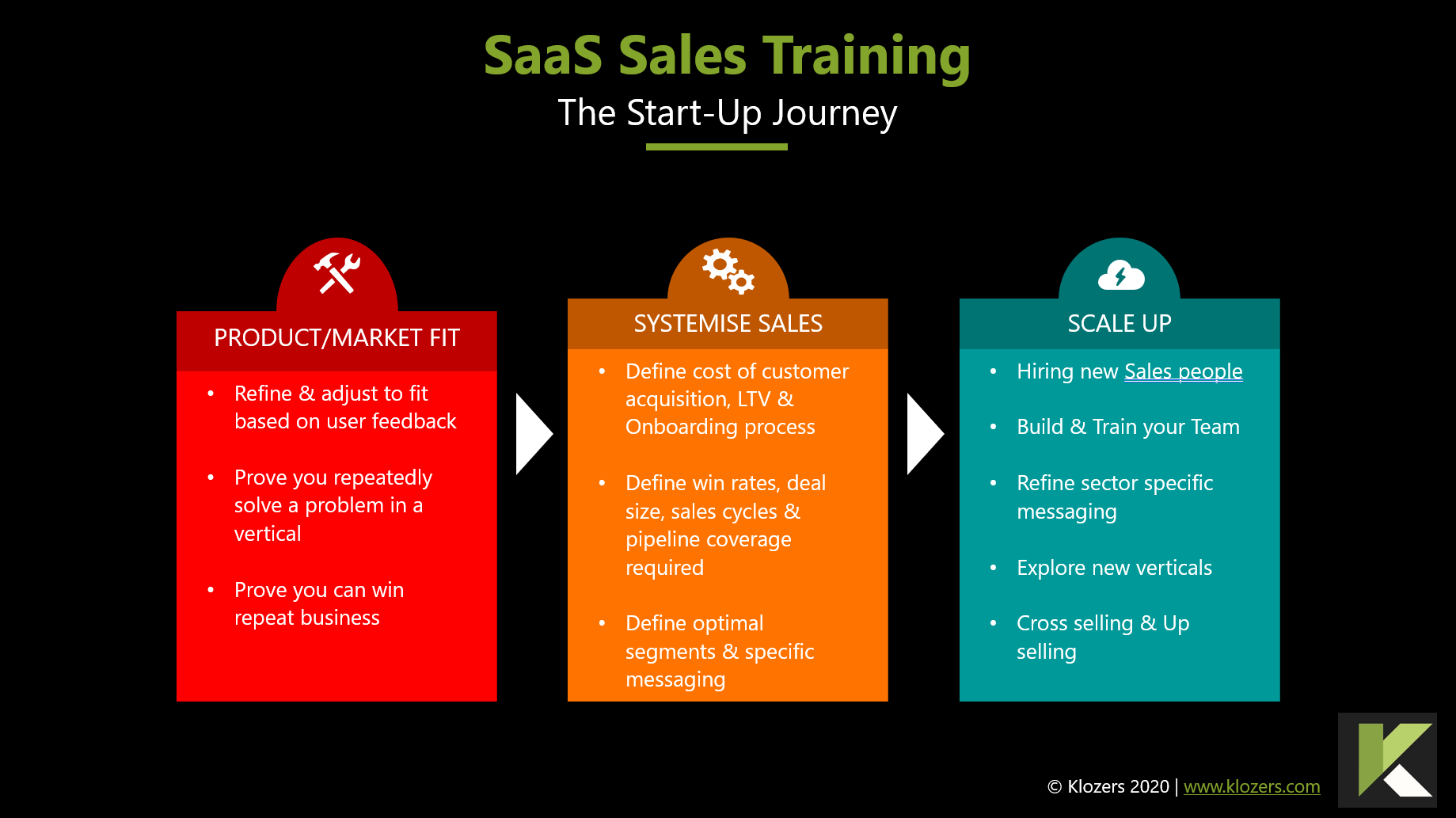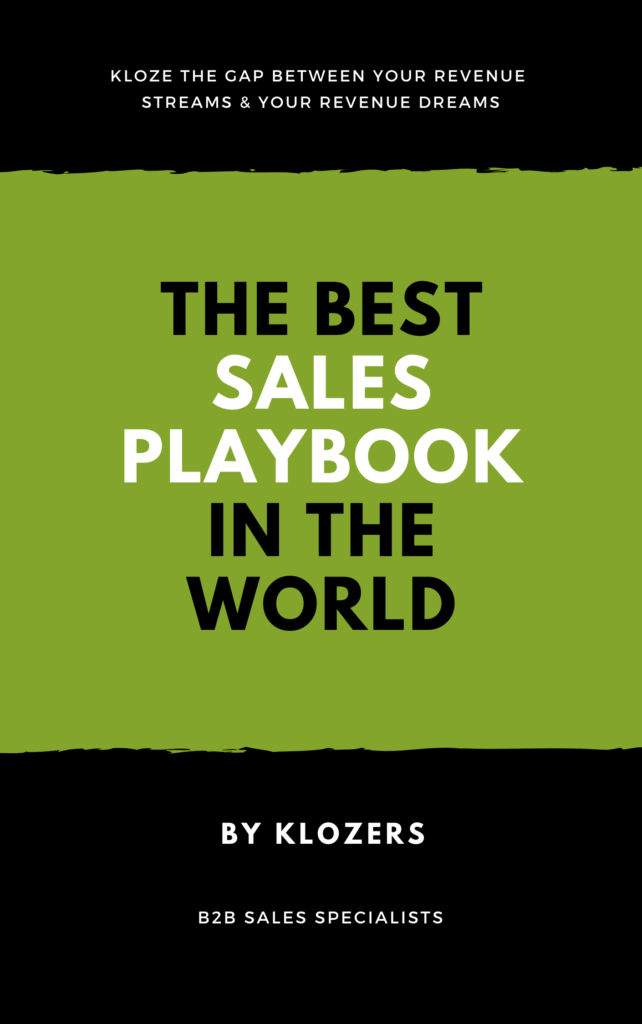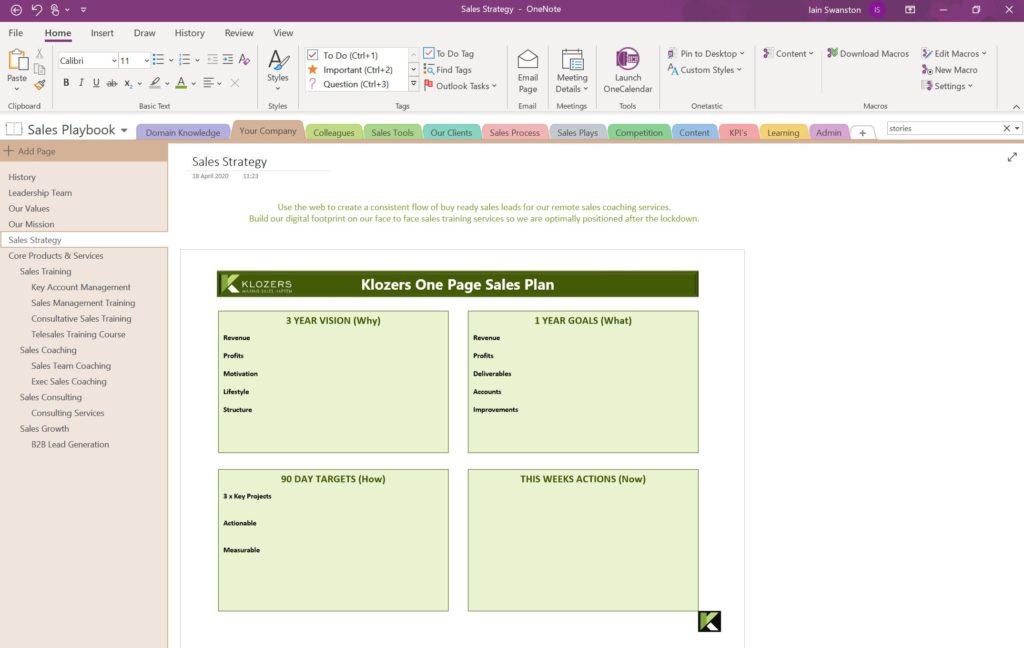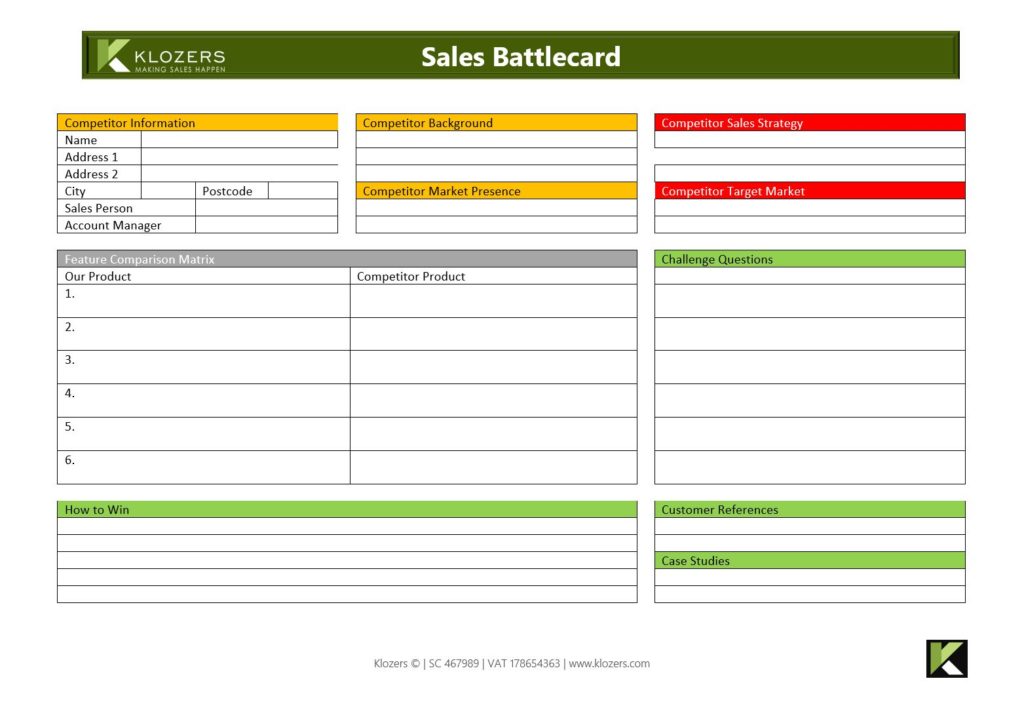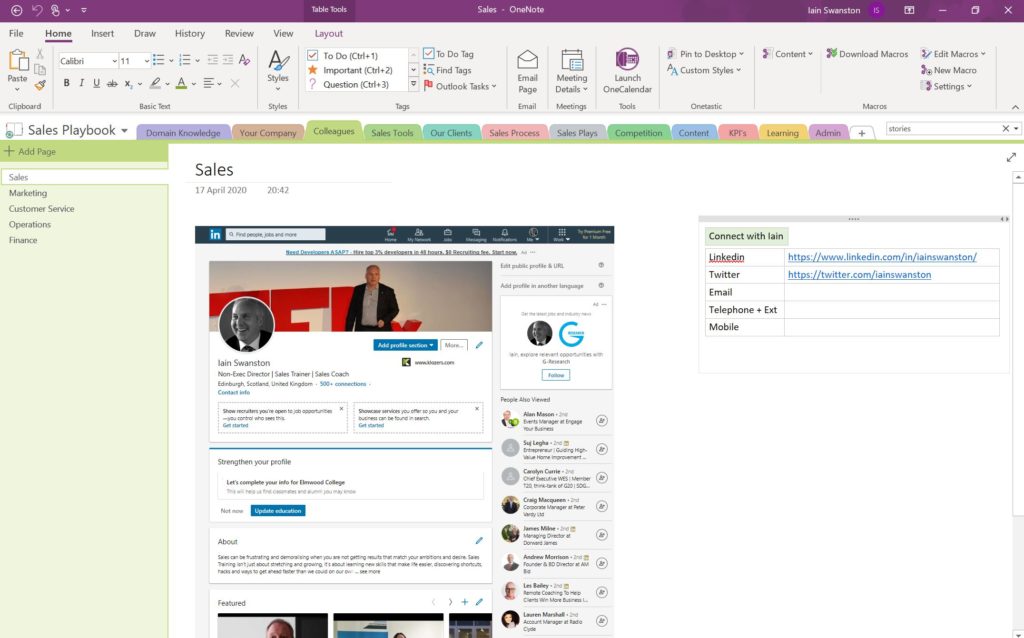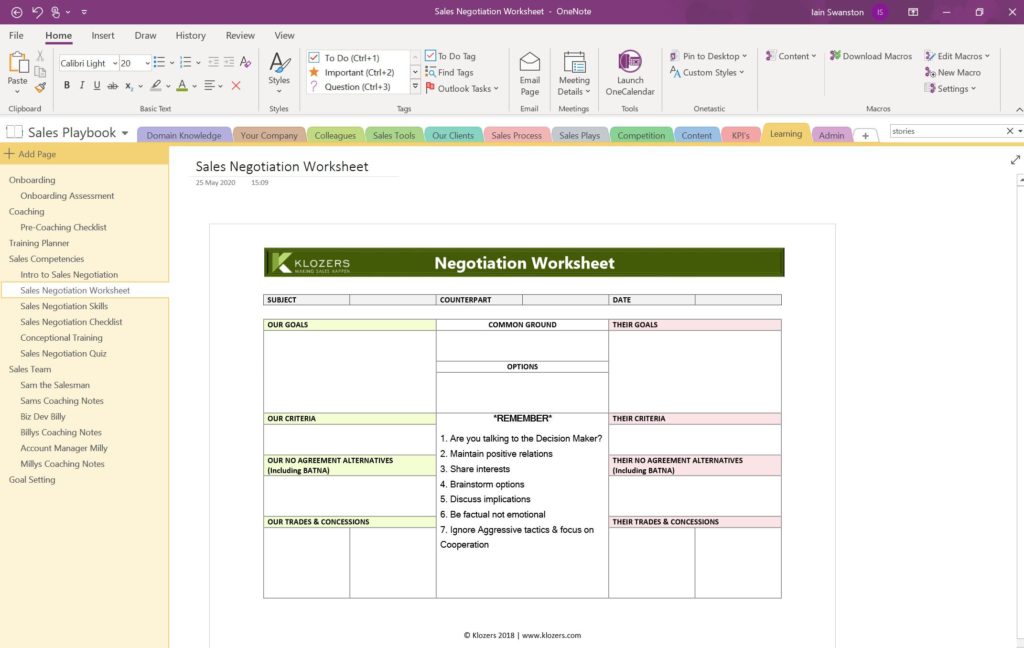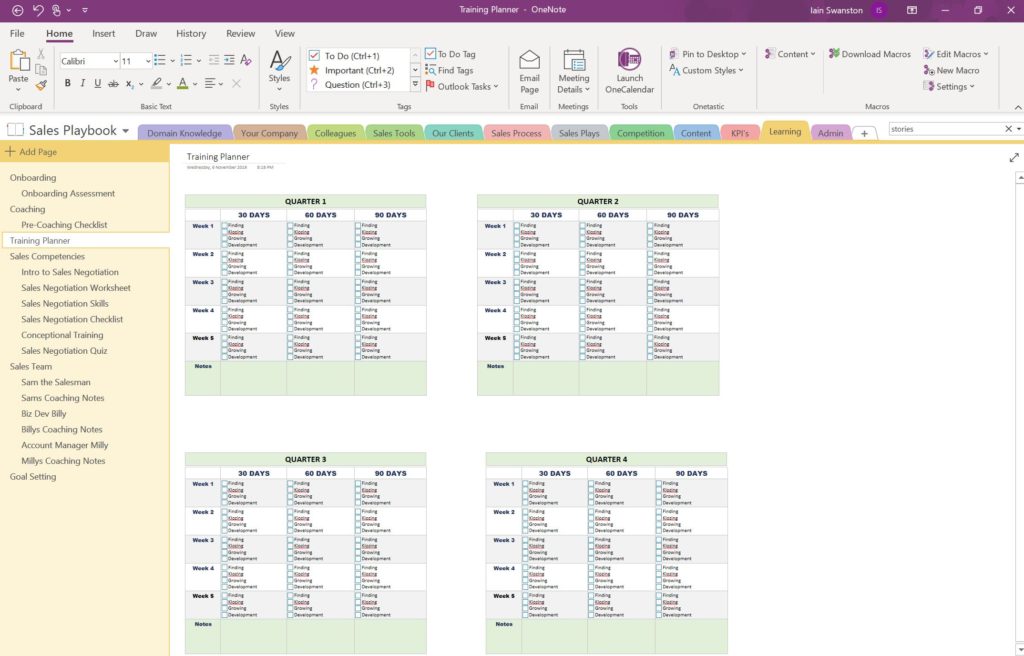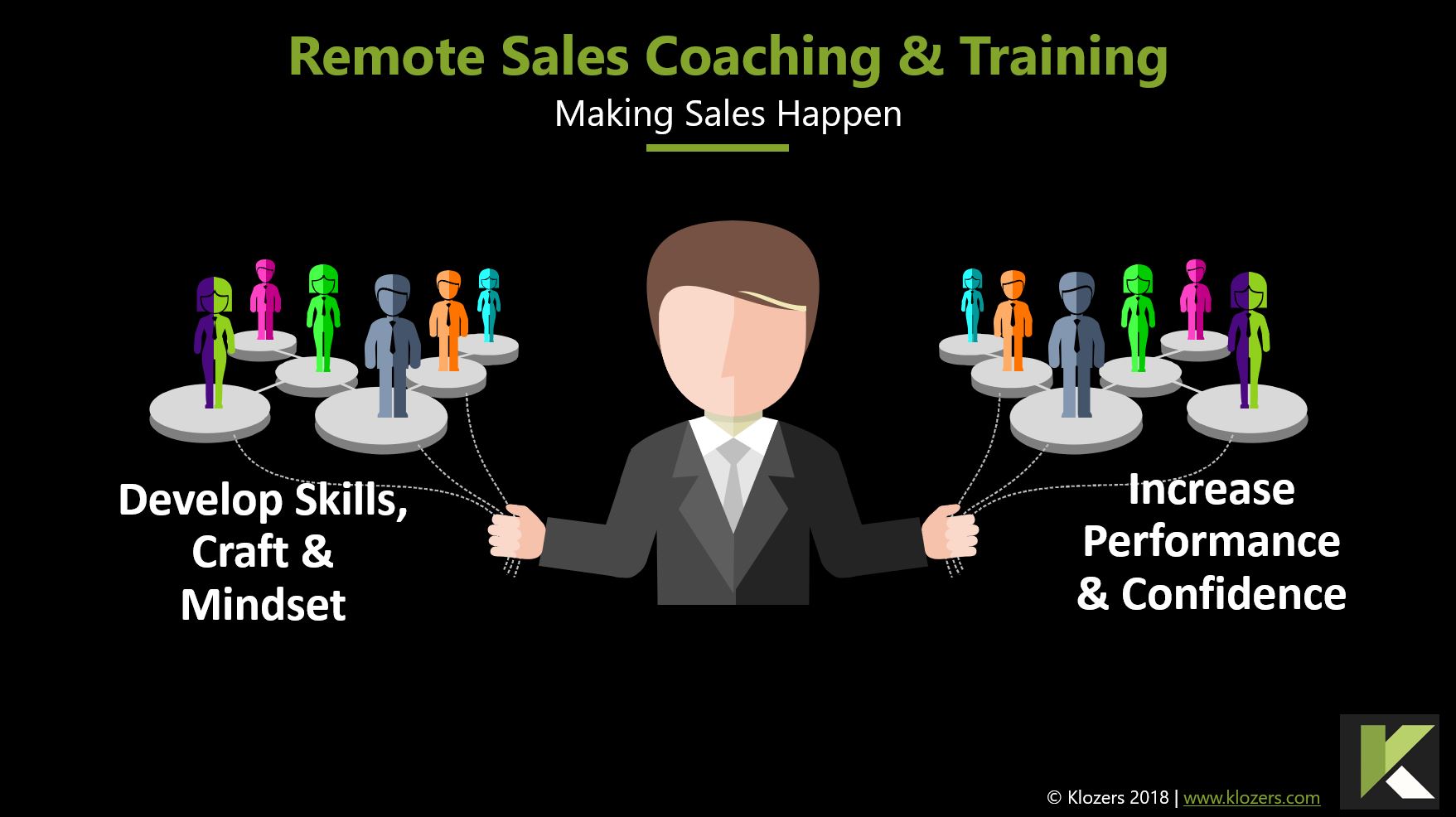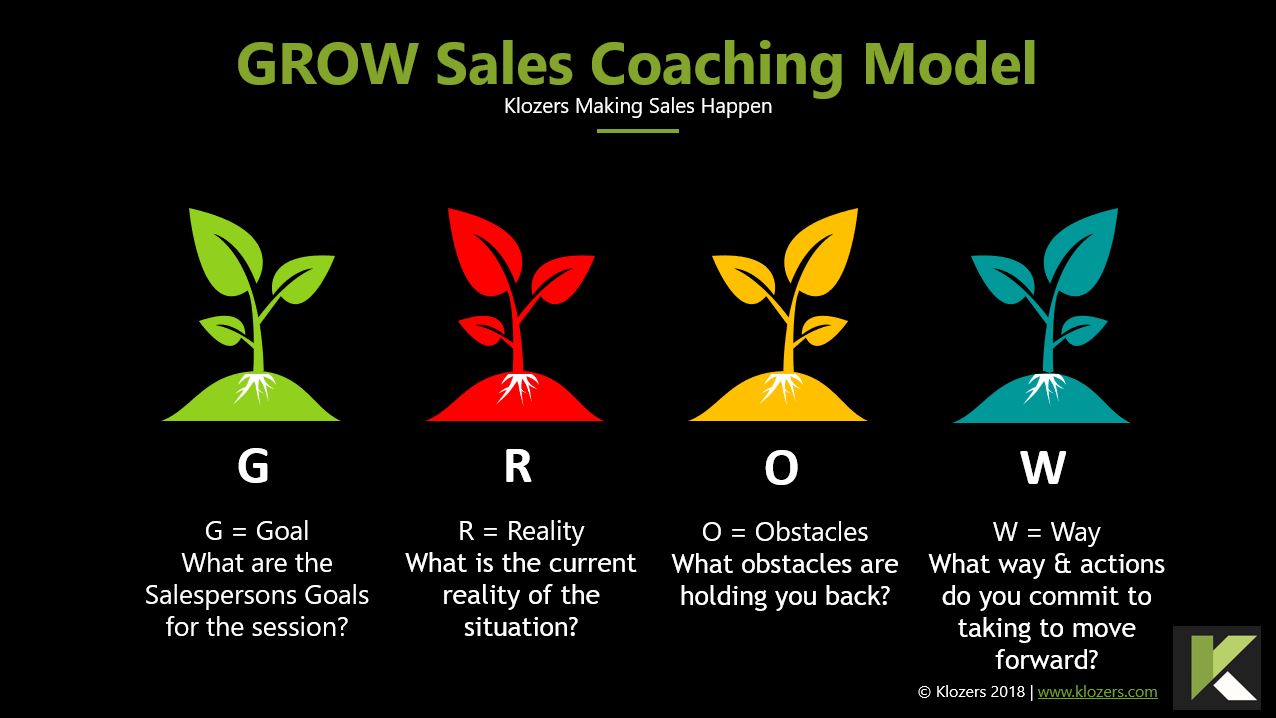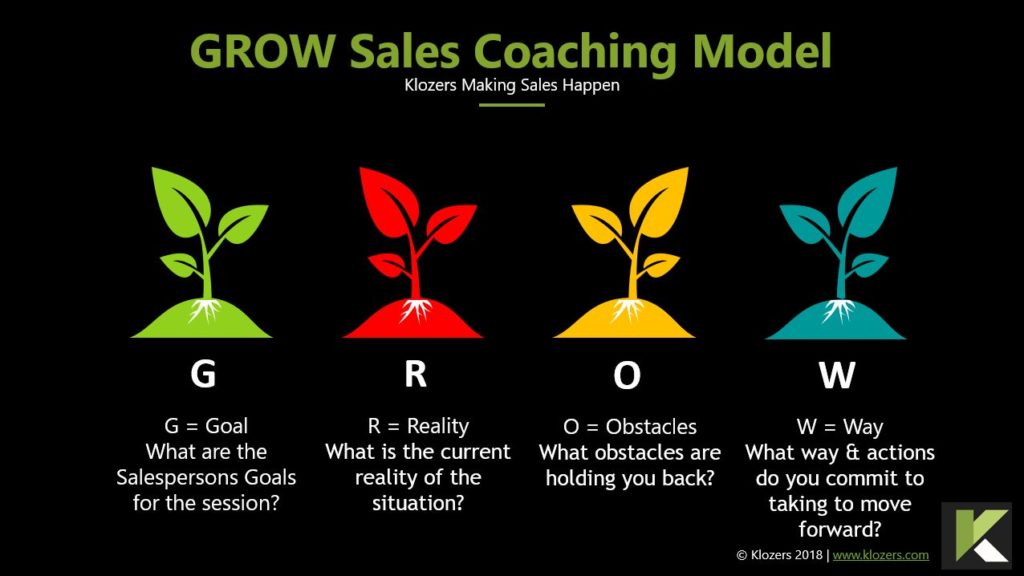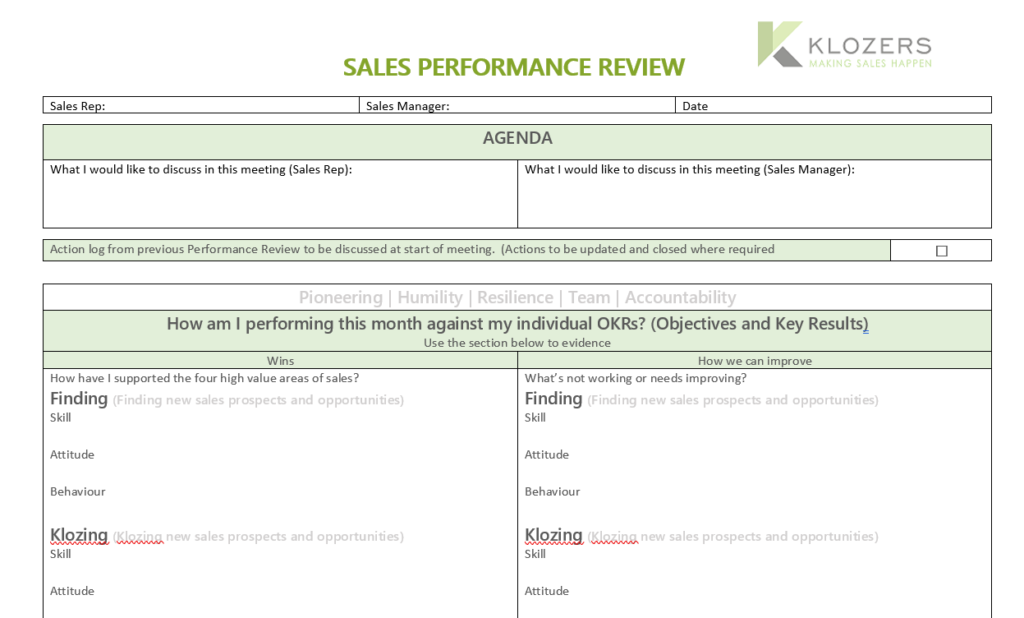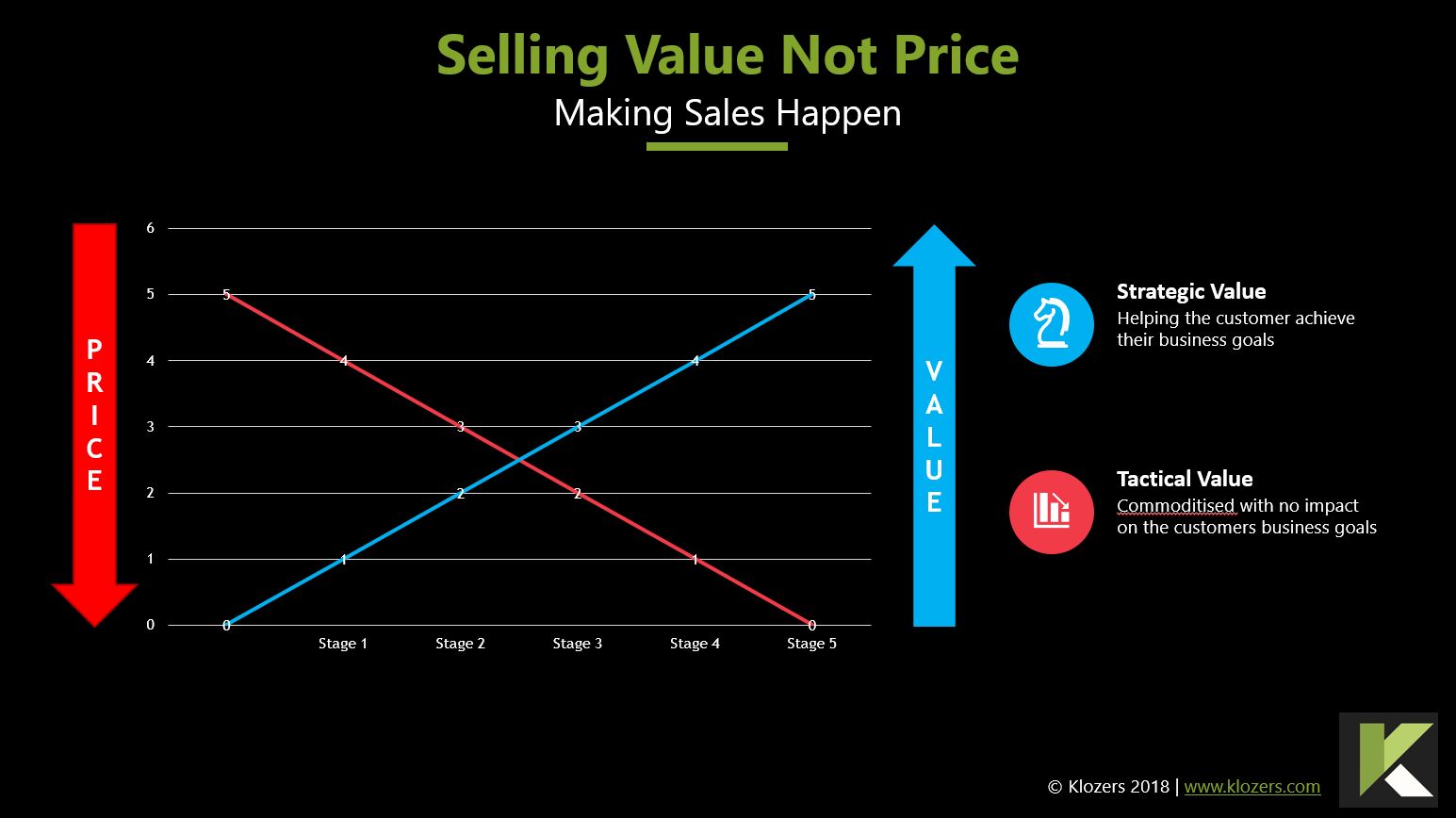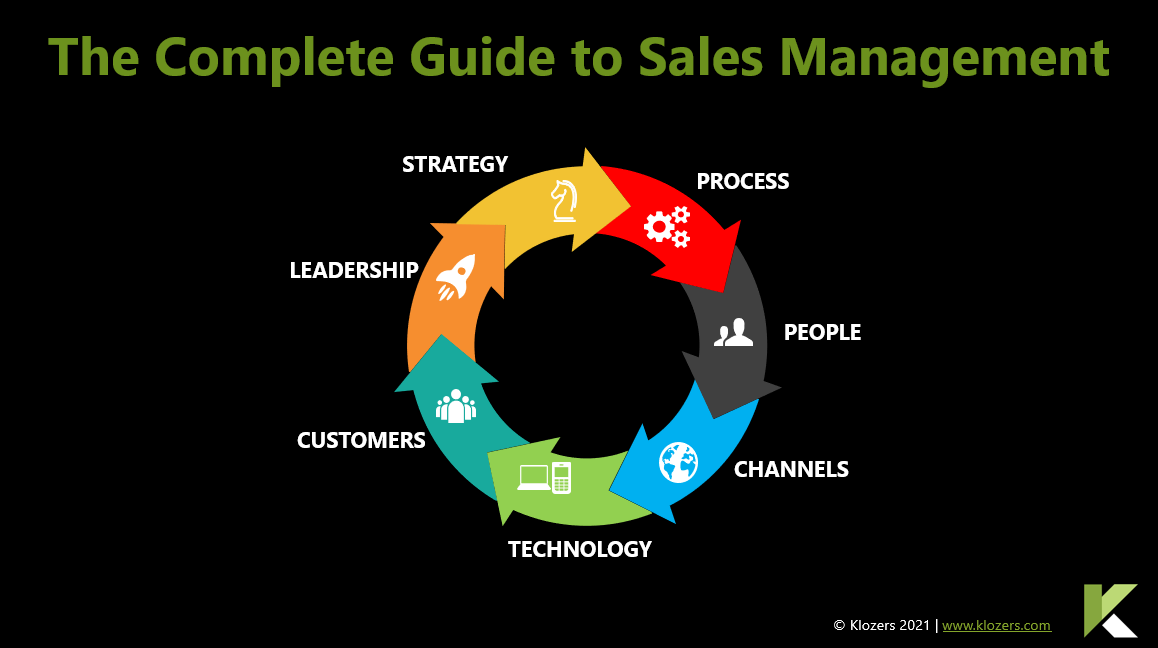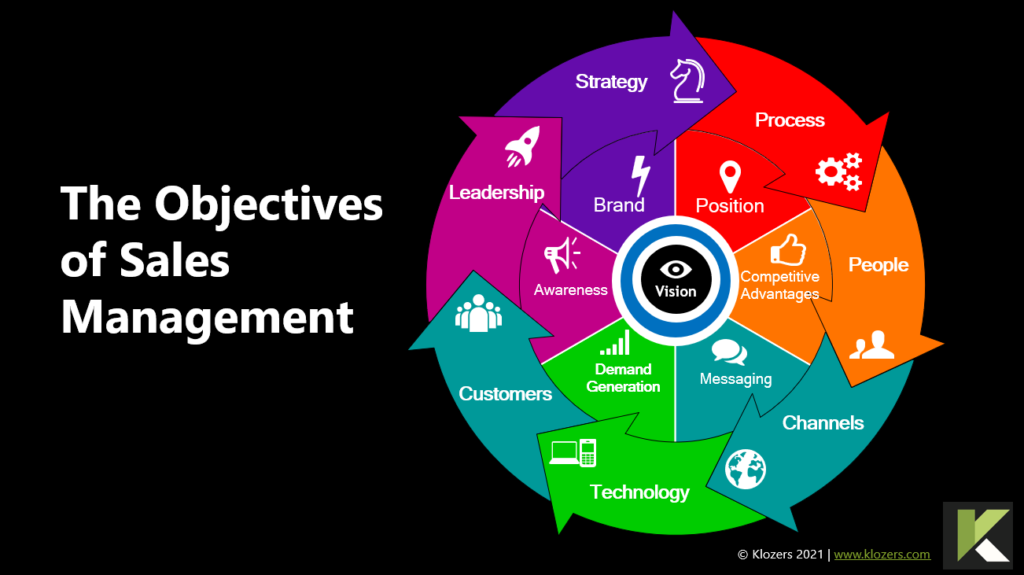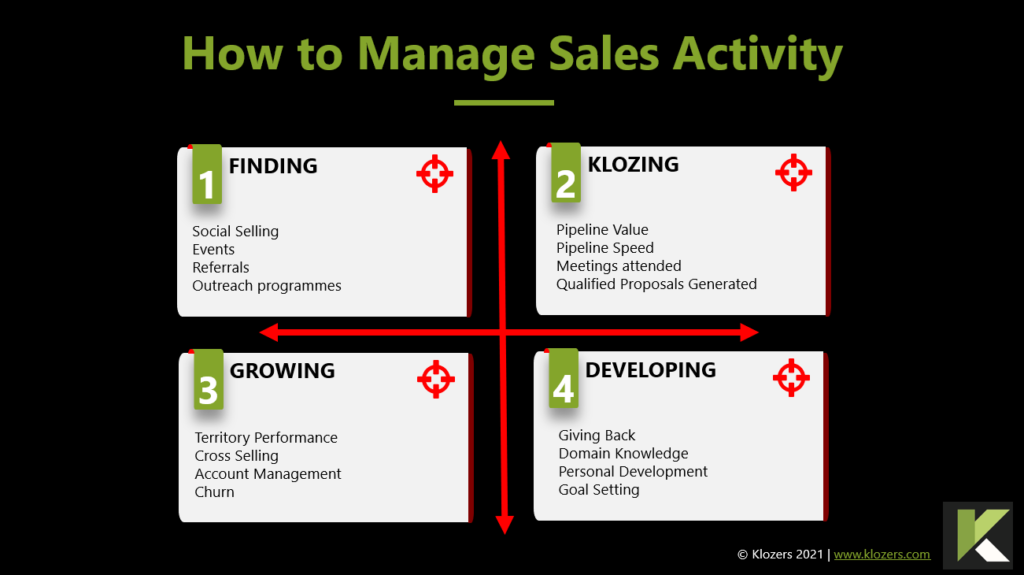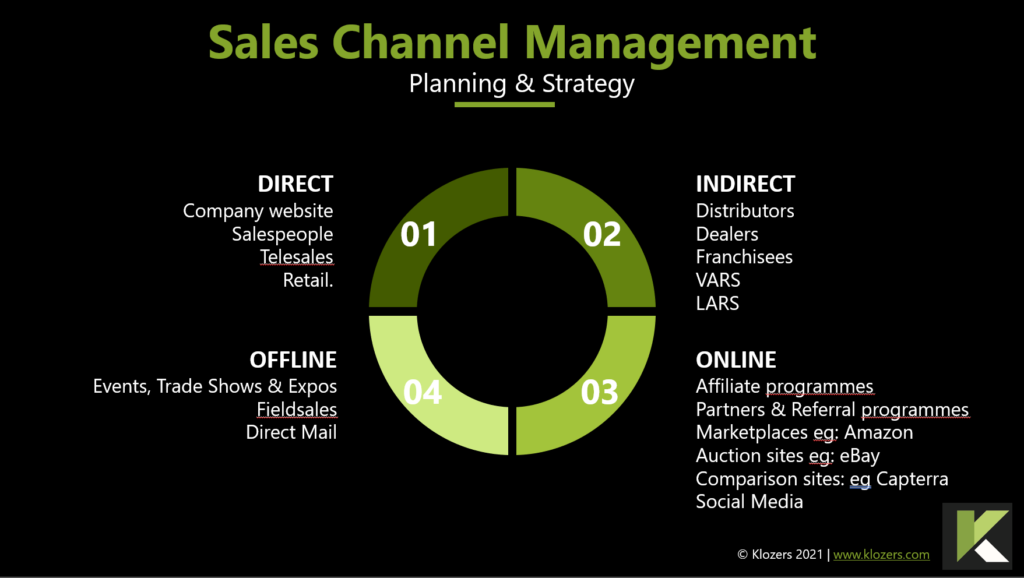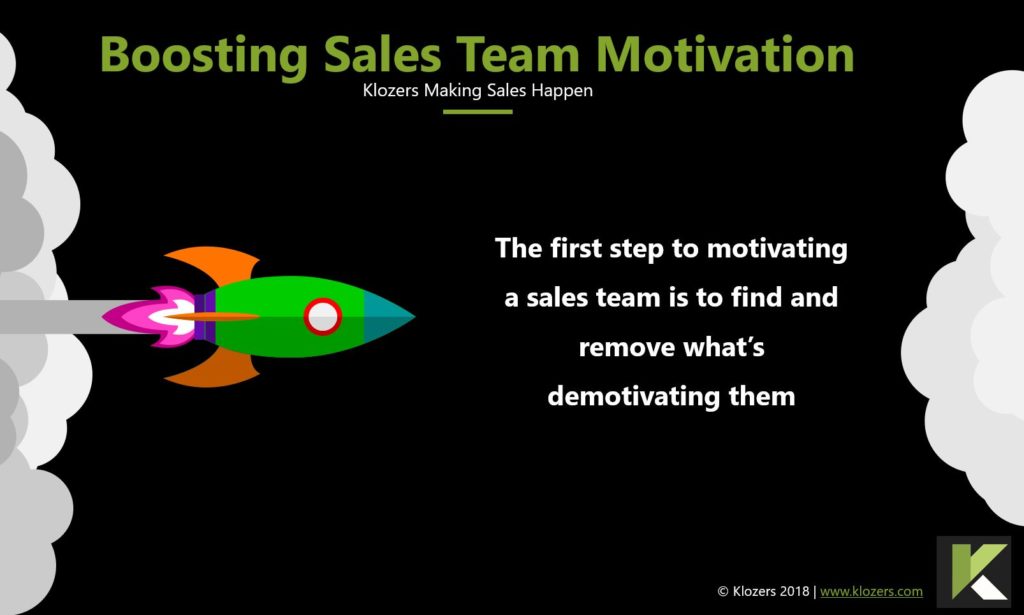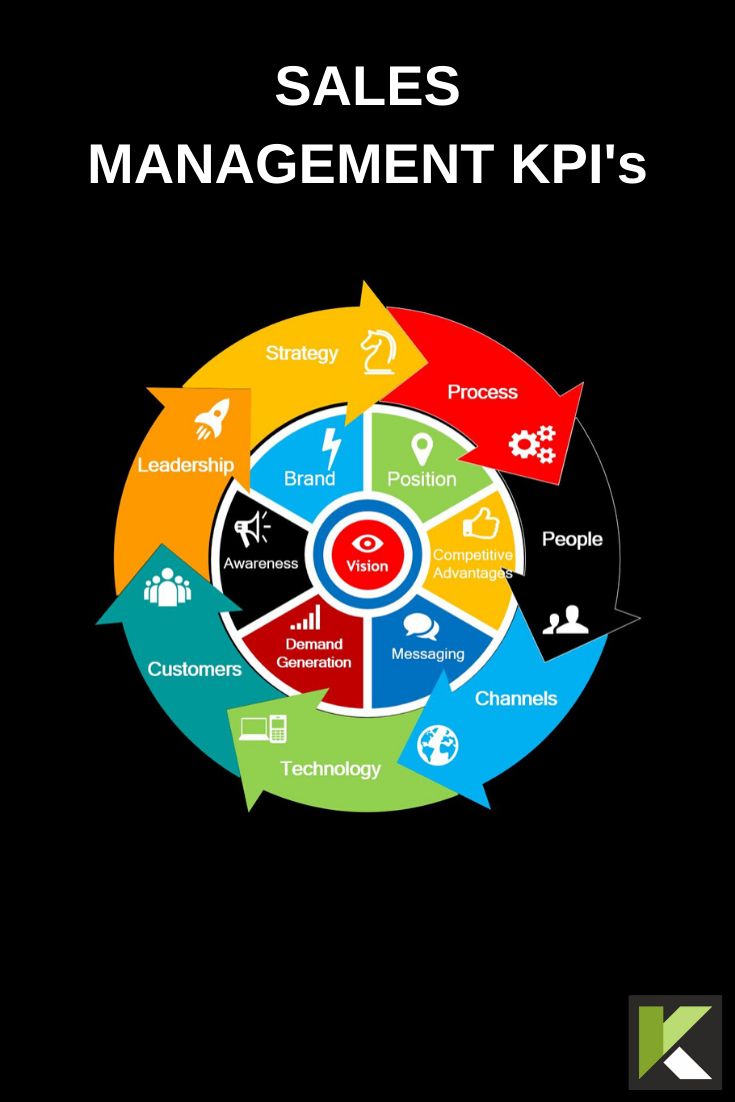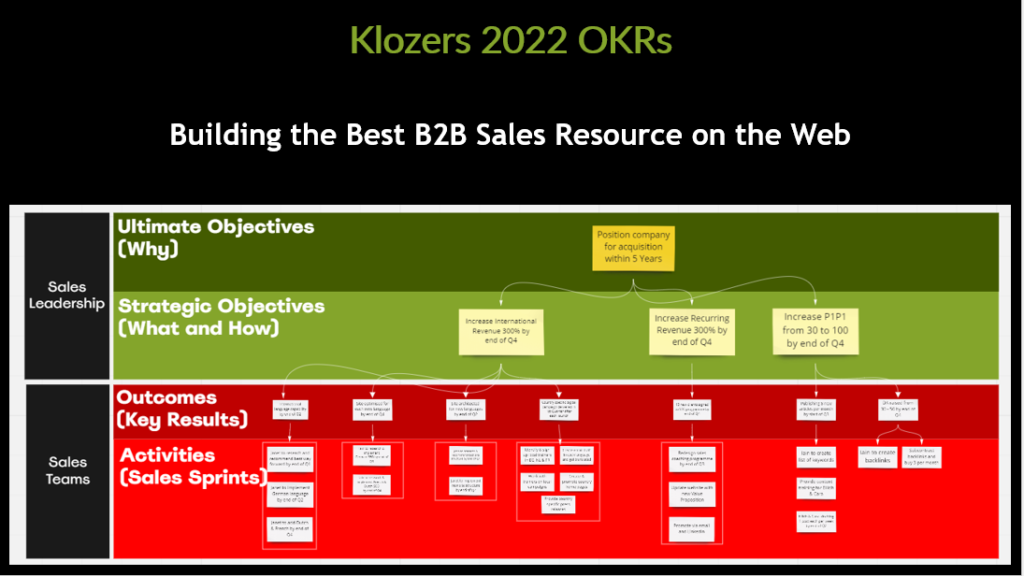Não categorizado
The Best Online Sales Training Courses with Live Coaching
1. Online Sales Training Courses
We believe we have the best online sales courses because we’re different and here’s why:
- Everything we teach, we actually do as part of Klozers own sales strategies. This means we have a deep understanding and not just text book theories.
- Each sales training course is live. With interactive exercises, we deliver an immersive learning experience.
- Our training includes work based learning which means you are assigned practical tasks and sales skills to practice as part of your every day sales role, in order that you learn while you are doing.
Please note: we would never encourage you to provide your products and services for free, and in the same vein we do not provide free sales training.
Nothing in life that is worth anything is free.
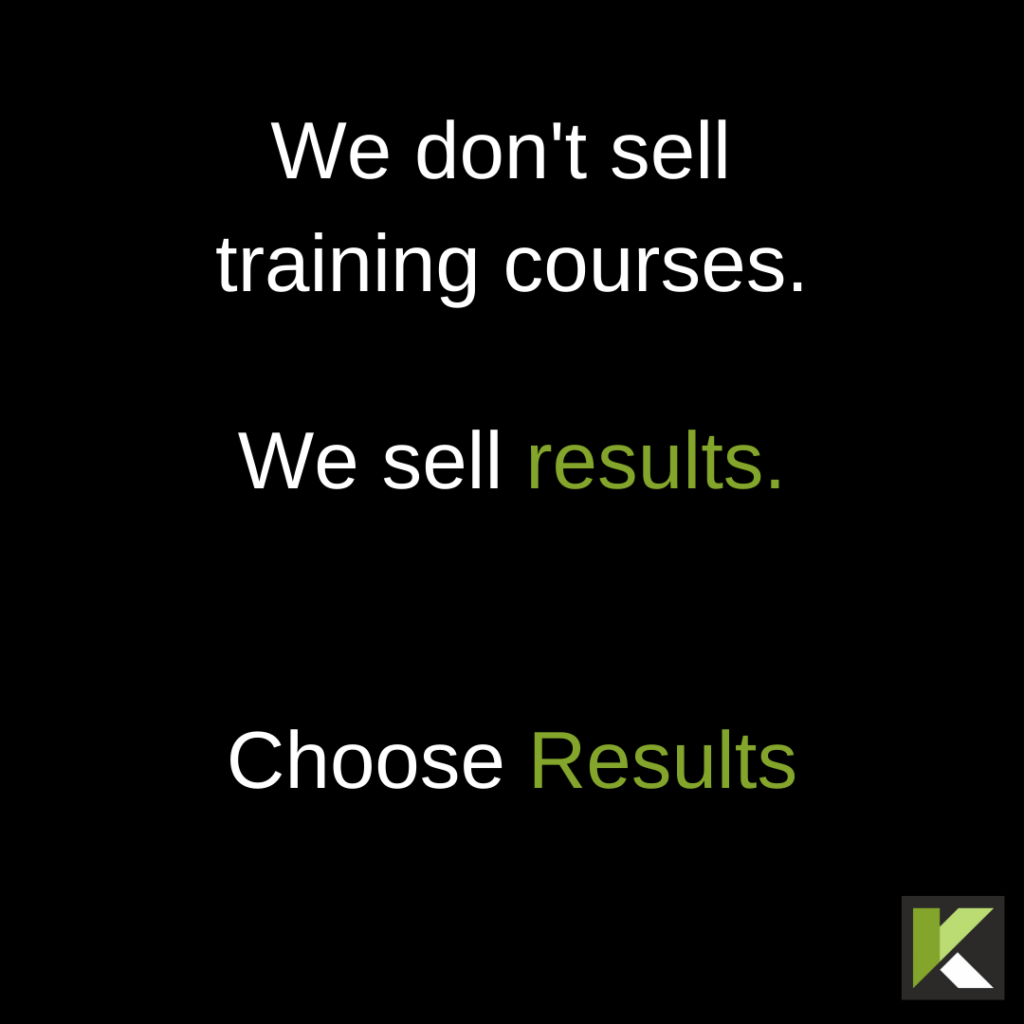
How much does online sales training cost?
2. Online Sales Training Course
We have the best online sales courses available which cover all the sales skills required for Professional B2B selling. Our sales courses each include relevant modules on sales skills from how to attract customers to sales presentations through to how to close sales . Some modules are common across more than one course, whilst others are unique to specific courses.
The content can be modified to meet the specific needs of your sales team. In addition to the training on sales techniques, our coaches are very much hands on, and can work with you to develop your value proposition, sales strategies and the planning and execution thereof.
- Telesales Training Course
Contrary to what most people believe, the Telephone is still one of the most powerful sales prospecting tools available. With more Salespeople working from home this training course is more important than ever to keep sales reps both busy and productive.
Historically this training course was most popular with entry level sales professionals, however, this course is a great refresher for experienced Business Development Executives and Account Managers who spend all, or part of their time working from home.
Much more than an old fashioned cold calling course the training covers the core Telephone sales skills concepts of:
- Identifying Potential Buyers
- Sales Messaging that Wins
- Creating a Sales Mindset
- Live Calling Session 1 and Role Playing
- Live Calling Session 2 and Role Playing
Please note the Live calling is a combination of outbound calling by the Trainer so you can see and hear in real time what Telesales is, and there is also time set aside for participants to make live calls whilst being coached from the course leader.
For companies looking to develop a full inbound sales methodology, we are the only sales training company with expertise at both inbound and outbound lead generation.
- Consultative Selling Skills Training Course
Our Consultative sales skills course has been our best seller for the past 8 years. Revised and updated, this course is a must have for everyone in B2B sales.
The training course helps participants control and structure every sales conversation in a way that helps buyers uncovers their own personal reasons for buying, which are always more powerful than the Salespersons reasons.
This methodology is always popular with Non Selling professionals such as IT Professionals, Engineers, Professional Services, Consultants, Software Engineers, Project Managers, Accountants & Architects who don’t want to sound “Salesy” when in front of prospects.
The course covers the core concepts of Consultative selling which includes:
- Modern Selling Sales Skills
- The Consultative Sales Process
- Uncovering Value
- Human Behaviour
- Selling Through Service & Winning Repeat Business
- Building Trust
- Sales Pipelines & Selling Process
- Setting Sales Goals
- Key Account Management Training Course
If your business is typical then 70-80% of next years revenues will come from this years customers. It’s also true that your customers are your competitors targets so without Professional Account Management these important clients may leave.
The course helps participants identify and build relationships with Key Stakeholders across the clients business and find and target new revenue opportunities within the account. Most course participants are either Account Managers, Relationship Managers, Technical Account Managers and Account Directors.
Our Key Account Management Training includes modules on:
- Understanding Key Accounts
- Segmenting & Defining Key Accounts
- Planning for Key Accounts
- Creating Key Account Plans
- Sales Management Training Course
Sales Managers are the glue that holds sales teams together. With many Sales Managers carrying personal Sales Targets their time is more valuable than ever.
Our Sales Management Training covers the core topics of:
- Sales Bench-marking
- Sales Improvement Planning
- Sales Performance Management
- Coaching Sales Winners
- Sales Management Skills
We deliver online sales training via self-paced learning and supported with or without live training and coaching.
We supply each of the above types of programme, however, we believe we have the best online sales training because of the learning methodology, or learning style we use which is called Work Based Learning.
Please read on to discover why this is important to you.
3. How to Book the Best Online Sales Training
Pricing on all our courses and details on how to book can be found via the B2B Sales Training Courses

4. Online Sales Training for Sales Teams
Depending on your requirements we have a number of options available to deliver online sales training to your sales force as follows:
- Online Sales Training for Individuals – purchase individual licenses for less than 5 Salespeople hosted on our platform.
- Online Sales Training for Teams – we offer a discounted rate for multiple licenses of our training content to teams with a minimum of 5 Salespeople hosted on our platform.
- Online Sales Training for Teams – purchase Team licenses and host on your own company platform
5. Online Sales Training Certification
Unlike most online training which is theory based, all our training courses follow the Work Based Learning methodology which as yet has no recognised certifying body.
All our training courses are Self-Certified and we provide Certificates to participants on successful completion of their training programme.

In addition to our Training Certificates Participants can include details of their Training on their Linkedin profile as shown below:

6. Sales Training for Beginners
Our Online Sales Training for Beginners course is a mixture of self-paced and instructor -led training that covers the core concepts of selling business to business.
This Beginners Training course is suitable for the following:
- Graduates
- People moving into new sales roles
- Marketing teams who need to understand the basics of selling
- Entrepreneurs
- Startup Founders
This course covers the core modules of Basic Selling:
- Understanding Sales
- Everything you Need to Know Before Talking to Customers Part 1
- Everything you Need to Know Before Talking to Customers Part 2
- Winning Your First Sale
7. Sales Training Plans
In order to deliver a successful sales development programme we typically start by creating a bespoke plan for your company. Many of our Corporate clients have their own Learning & Development departments who can create and generate long term training plans for their sales teams. For those companies that don’t have that capability we can offer a bespoke service where we:
- Identify the core sales competencies required for each sales role
- Map the competencies against the learning objectives in our training modules
- Create bespoke training plans and assessment programmes to deliver, record and assess participants
Our goal is to deliver the best Online Sales Training experience that can be delivered by a combination of face to face, self-paced online, and instructor led online sessions.
In addition to supporting your companies future growth and sales goals, your sales development plan should enhance the sales career and personal development of the participants.
Our sales trainers are very much hands on, and strike a balance between allowing participants learn an their own pace, and pushing them to meet the sales goals of the business.
8. Online Sales Training Portal
Our Online Sales Training is delivered in a secure and stable platform online via Microsoft Teams. Individuals are invited into Teams and based on their requirements are assigned training modules to complete based on their personal Learning Objectives and any additional Objectives determined by their Line Manager.
To avoid learning fatigue all our courses are broken down into modules which are between 1 and 2 hours long. In addition we have short modules on selling skills which are between 10 and 30 minutes long.
The sales skills modules we provide are:
- Advanced Questioning Skills
- Controlling the Sales Conversation
- Handling Stalls & Objections
- Referrals & Testimonials
- Online Sales Presentation Skills
- Whiteboard Selling
- Building Relationships
- Value Creation
- LinkedIn Sales Navigator/Social Selling
- Dealing with difficult customers
- Cross Selling & Upselling
- Negotiation Skills

The Teams Portal provides the flexibility to configure the Channel in different ways which include the options of:
- Email, Chat, Video and Conference Calling
- Secure storage of documents
- Provision of pre and post training surveys
- Provision of CRM if clients have no CRM
- B2B Sales Templates, Tools & Frameworks
9. Online Sales Training vs Sales Coaching
One of the most common questions we are asked by sales leaders is “What’s the difference between Sales Training and Sales Coaching” and why is it important. Training and coaching are two different things, that result in two different outcomes. In order to answer the question it’s important first to define what we mean by sales training and sales coaching.
We are not claiming our own definitions are either the industry standard, or the same as other service providers, however we do know from experience that our definitions make it easier for our clients to better understand their own needs which is the most important thing.
What is Sales Training?
What is Sales Coaching?
At Klozers we define Sales Training as the “transfer of knowledge”, and the primary outcome from any transfer of knowledge should always be an increase in learning, education and understanding. There are of course secondary outcomes which are similar to the outcomes from coaching, but it’s important we understand the difference between the two.
This is why every training course regardless of the subject matter clearly articulates what the “learning outcomes” will be after the course, and usually do not reference any form of performance improvement.
In the western world over 90% of jobs requiring manual labour no longer exist, and we are now what we call a knowledge economy. Salespeople are paid for their knowledge and skills not manual labour, therefore for every Sales Person, knowledge is power, which is why Sales Training and Learning outcomes are so important.
Once we acknowledge that Sales Training is the mechanism by which we transfer knowledge, and that knowledge is power, it’s equally important to understand that in Sales more than any other subject, this knowledge is worthless unless the Sales Person takes the knowledge, and apply it in the field with prospects and customers.
Without this practical application of the new sales knowledge in the field, then the sales person risks being the smartest sales person in the office, where there are no customers. In most cases a sale never takes place unless a Sales Person has undertaken some form of activity/behaviour/action and this activity is where any new knowledge from training needs to be applied.
The same rules apply for inside sales, with the only difference being the channels with which they are communicating with the prospects/customers. If for example an Inside Sales Person attends a training course on Communication Skills, then unless they apply these skills on either the telephone, email or social media, the training is worthless.
We define Sales Coaching however as “supporting the practical application knowledge in the field”, and the outcome from coaching should always be an increase in skills, confidence and performance.
The main thing that sales training often lacks, and this is not a criticism, more a practical restriction, is that training cannot cover every possible scenario that a sales person will encounter when interacting with a prospect or customer. Those scenarios and equally important the context of each scenario, are what takes classroom sales training and turns it into Boardroom results.
10. The Importance of the Difference Between Training & Coaching
The best way to explain the importance of coaching would be to use the analogy of Golf. If we attend a 1, 2 or 3 day golf training session with Tiger Woods there is no doubt as one of the worlds greatest golfers Tiger Woods would be capable of delivering excellent training.
The course might cover things like the correct stance when addressing the ball, the correct grip and the optimum swing, and there is absolutely no doubt the course attendees would have some very specific and valuable learning outcomes.
What Tiger Woods cannot cover is the practical application of that knowledge next week when you are on the local course and you tried to change your grip, but because it was new to you it felt uncomfortable and for the first 9 holes, your new stance, grip and swing had left you 10 over par.
In these circumstances the golfer is most likely to revert back to his original stance, grip and swing and then might complete the next 9 holes on 5 over par which is his norm. No performance improvement takes place because there was no coach to support with the practical implementation of the new knowledge that the golfer had.
Furthermore, the golfer/sales person is typically left feeling frustrated and disappointed as he knows for sure that Tiger Woods had delivered great content in his course, and realises that he just does not have the ability to implement that knowledge.
11. Online Sales Coaching
Online Sales coaching supports the practical application of knowledge by support and providing context for the many different scenarios that a sales person will encounter with a prospect/customer.
Again if we go back to the Golf analogy. The coach would be able to help the Golfer understand why the knowledge that Tiger had delivered in the training course was not working, for example wind, ground conditions, course type and layout, club and balls – there are hundreds of external variables, never mind the internal variables such as the golfers mindset, belief system and attitudes that would affect the performance.
This is absolutely the same when any sales person goes into a meeting with a prospect/customer, there are hundreds of variables both external and internal that affect the outcome and performance. The role of the sales coach is to support sales reps in their endeavour to overcome these challenges.
In practice, this means the sales coach is there to support sales reps and the sales team, implement any new sales strategy, sales skills, selling process, and sales techniques in the field.
Another important difference between sales training and sales coaching is the style. Modern training has thankfully moved away from a simple one way discussion telling people what to do. Games, exercises and good facilitation that engages the attendees should all be included, however the perception of training can often be negative and many attendees have mentally switched off before they get in the room/on the course.
They may have good reason for this based on a past negative experience, but either way the perception is not always positive and often the perception is related to the style. What we mean by this is the perception of sales training for many people is one of telling and from our own experience nobody especially sales people like to be told.
Coaching however is the opposite and is a question based approach to help the sales person discover for themselves the answers. That process of discovery and reflection is very powerful because it transfers ownership of the answer to the problems to the sales person. When the sales person comes up with the answers they then mentally own the answer which make them much more believable to the sales person.
12. Work Based Learning
Our online sales courses utilise the concepts of Work Based Learning as many companies and Salespeople no longer have the time available to dedicate days or even hours to training. The modern workplace demands that training not only fits in around the schedule of those involved, but that it also generates some form of value in addition to learning as an outcome.
As it sounds work based learning is focussed around learning and activities that are not only relevant to the job, they are based on sales activities that are the job. As human beings we predominantly learn and master skills by doing and repetition.
The Learning theorists claim we learn 70% by doing, 20% by watching and 10% by listening. Whilst I am sure these figures are not accurate, they are most certainly a good yardstick for any training programme, as the focus is on the learners actually doing the activities and behaviours which are vital for every Sales Person.
Although Work based learning is very different to traditional classroom based training it is still essential for the sales people to have some form of reflection, because like the golfer when they go out to apply the new learning not everything works first time in the field.
This learning by doing, and yes sometimes it will involve learning by failing, is by far the most powerful way for any human being to learn and master new skills. We also believe work based learning is now more important than ever, as sales people simply do not have the time to be away from either their desks or the field for days at a time in the way that traditional training dictates.
13. Learning & Accountability
While Online Sales Training and Online Sales Coaching are all good there is one vital ingredient that every organisation needs in order for any form of sales improvement to take place and this is Accountability.
Without any form of accountability the Salespeople choose what to do, and when they will do it and in most cases this can be detrimental to the business. Sales Trainers and Coaches are neither in charge nor responsible for the sales people.
This must come from the companys’ own Sales Leadership, as the Sales Trainer can tell the Salespeople what to do, the Sales Coach can show the Sales people what to do, however only the Sales Leaders in the company can tell them what to do. Whilst we absolutely love sales people unfortunately in many organizations Salespeople are not held accountable and therefore choose for themselves what to do, how to do it, and when it is done. Again, in most cases this is not what is best for the business.
Developing a culture of accountability is in our opinion a vital ingredient for any business as quite simply without accountability nothing gets done. Like most things in life that are worthwhile there is no magic wand for Accountability and it takes planning, persistence and patience, but the end results are transformational both for the business and the people, as once the culture starts to take hold people are empowered and happier, because with accountability comes responsibility.
This also helps remove decision making bottle necks, and often the burden from senior people in the business, as the responsibilities are passed down the chain to newly empowered employees. Sales results are dependent on strong sales leadership and strong management. Not every decision will be popular and not every sales person will embrace the new culture.
In the book ‘Good to Great’, Jim Collins talks about employees as people on a bus. The people not only need to be on the right bus, but they need to be in the right seat for the bus to successfully reach its destination. Sometimes people who get on the bus at the start of the journey are neither in the right seat or on the right bus.
Sales Leadership is a continuous drive for sales improvement that leaves no stone unturned and in some cases this may involve asking people to leave our bus as they no longer have the right skill set, behaviours or mindset that the business needs to move forward.
Please don’t misunderstand us, we believe that a business has a duty to develop and grow every employee, however when those employees make it clear by their actions that they have no desire to develop and grow then it is negligent of the business to ignore this and not take action.
14. How we Create Accountability Online
We create accountability online by including Line Managers in the learning process. On sign up participants are emailed a choice of Learning Objectives related to the course they have chosen. A selection of additional learning objectives are also provided and Learners can also add their own learning objectives all of which must be approved by their line manager.
By including Line Managers in the initial learning process we introduce Accountability. Line Managers are asked to verify the work based assignments and help assess whether the initial learning objectives have been met.
O Guia Completo de Gestão de Vendas

O Guia Completo de
Gestão de Vendas
com Modelos Gratuitos, Ferramentas e Guias
[addtoany]
Tempo de leitura: 11 minutos
What is Sales Management?
Why is Sales Management Important?
1. Estratégia de Gestão de Vendas
A Estratégia de Gestão de Vendas que utiliza depende do tipo de Unidade de Vendas que está a gerir ou a assumir (se for um novo contratado). Dada a rapidez com que o Ambiente de Vendas muda, é imprudente criar qualquer Estratégia por mais de três anos. Mesmo dentro de três anos, parte da sua Estratégia terá de ser revista devido a mudanças no mercado e na tecnologia e a capacidade de conduzir e aceitar é uma das principais características do Modelo de Maturidade de Vendas. A sua Estratégia deve girar em torno do seguinte:
1.1 Maturidade de vendas
Maturidade de Vendas indica a posição em que a unidade de vendas se encontra, dentro do Modelo de Maturidade de Vendas. Isto é importante porque em cada fase da Maturidade de Vendas um Gestor de Vendas é confrontado com diferentes problemas e o que pode ser importante na Fase 3 simplesmente não é aplicável na Fase 1.
1.2 Objectivos empresariais
A função das Vendas é cumprir ou exceder os objectivos que o negócio estabeleceu. Estes podem ser de curto prazo e mais tácticos na sua natureza ou de longo prazo e mais estratégicos. Embora os objectivos estratégicos a longo prazo de 3 anos possam ser importantes, não vale a pena se o negócio não conseguir satisfazer os seus requisitos de curto prazo para o fluxo de caixa, o que pode exigir algum planeamento táctico para ultrapassar.
1.3 Pessoas
Como as Vendas são o sangue vital de qualquer negócio, então os Vendedores são o sangue vital do Departamento de Vendas. Para que qualquer Estratégia de Gestão de Vendas seja eficaz, precisará dos vendedores e dos chefes de equipa para poder executar a estratégia. Isto pode então criar escolhas difíceis entre a estratégia e as pessoas. Como exemplo, deverá manter um vendedor com o melhor desempenho quando são extremamente perturbadores, se, parte da sua estratégia a longo prazo é melhorar a cultura e o trabalho de equipa da Unidade de Vendas?
1.4 Ponto de partida
Independentemente da unidade de vendas em termos de maturidade e competência, será necessário criar um plano para partilhar com os outros intervenientes no negócio. Faz sentido, então, aferir onde a Unidade de Vendas está contra a melhor prática da indústria. A partir destes resultados, pode criar um Plano de Melhoramento que pode seguir.
# Estratégias de gestão de vendas Curso de gestão de vendas Curso de gestão estratégica de vendas
Conteúdo relacionado sobre gestão de vendas
Motivação de uma equipa de vendas
O que faz os Grandes Gestores de Vendas?
Gestão da actividade comercial
Objectivos da Gestão de Vendas
Planeamento de Canais para Vendas
Maximizar os benefícios do trabalho em equipa
Poupar Custos com Gestão de Vendas Fracionárias
2. Quadro de Gestão de Vendas Exemplo
Independentemente dos produtos, serviços ou indústria, todas as empresas de sucesso têm 7 áreas de gestão de vendas comuns. No entanto, a complexidade e a importância variam para cada empresa, o que funciona melhor para a Microsoft pode não funcionar para a Apple. O que funciona melhor para uma empresa de Mid Market pode não funcionar para uma PME. No entanto, todas elas têm estas 7 funções de vendas comuns que podem ser utilizadas como um quadro de referência e auditoria para qualquer unidade de vendas.
- Estratégia de vendas
a) A estratégia de vendas está alinhada com a estratégia global de crescimento do negócio?
b) Os vendedores seguem a Estratégia de Vendas?
a) Existem processos de venda definidos e abrangentes?
b) Os processos de venda estão a ser seguidos e registados de forma consistente por todos?
- Vendedores
a) O negócio está a recrutar, desenvolver e contratar as pessoas certas?
b) A Unidade de Vendas regista objectivamente o desempenho das pessoas e revê em conformidade?
- Canais de venda
a) Estão a ser utilizados todos os canais de venda adequados?
b) Todos os canais de venda são adequadamente apoiados e geridos?
- Tecnologia de vendas
a) A tecnologia de vendas, ferramentas e dados melhoram a experiência do cliente?
b) As ferramentas e os dados da tecnologia de vendas fornecem relatórios de gestão precisos e responsabilização?

- Clientes de vendas
a) Como são segmentadas e geridas as nossas relações com os clientes?
b) Como medimos, registamos e reportamos o sucesso nas nossas relações com os nossos clientes?
- Liderança de Vendas
a) Os Líderes de Vendas estão a criar um ambiente positivo e de apoio que recompensa e encoraja o sucesso?
b) Os Líderes de Vendas lideram ou gerem?
3. Como definir os KPI’s para as vendas
Uma vez que a Unidade de Vendas tenha sido aferida e criado um Plano de Melhoria, é importante estabelecer novos Objectivos de Gestão de Vendas & KPI’s.
Um Objectivo relacionar-se-ia com o nosso objectivo final, enquanto que um KPI é um marco no caminho para atingir um objectivo. Um sem o outro não vale nada.
Estes objectivos devem incluir objectivos de 30, 60 e 90 dias, para além dos objectivos de 1, 2, 3 e 4 trimestres.
É importante que qualquer KPI que estabeleça esteja dentro do seu controlo e tenha a capacidade de influenciar, quer atinja ou não o alvo.
Os Objectivos e KPI’s devem, sempre que possível, ser “Indicadores de Chumbo” e não “Indicadores de Laguna”, por exemplo, a Receita Mensal de Vendas é um Indicador de Laguna que em alguns casos tem pouco controlo sobre.
O que se pode controlar, contudo, é a Actividade de Vendas Mensais que impulsiona esses valores de receitas.
Os indicadores de atraso também são importantes e devem ser registados e utilizados para influenciar os futuros Indicadores de Chumbo.
Em determinadas circunstâncias, pode não ser possível medir os KPI’s se os sistemas e relatórios não estiverem disponíveis.
Isto pode significar a curto prazo que a prioridade é criar os sistemas de registo e de informação.
Isto pode ser perigoso, como exemplo pode ser necessário substituir completamente um sistema CRM, que pode ser um projecto enorme à medida que migra dados e enfrenta as questões técnicas desconhecidas e complexas, bem como a resistência natural encontrada com a Mudança.
Sempre que possível, adiar quaisquer projectos complexos e técnicos e concentrar-se no fruto baixo pendurado e utilizar o novo CRM brilhante que todos querem como recompensa por atingirem novos alvos de vendas.
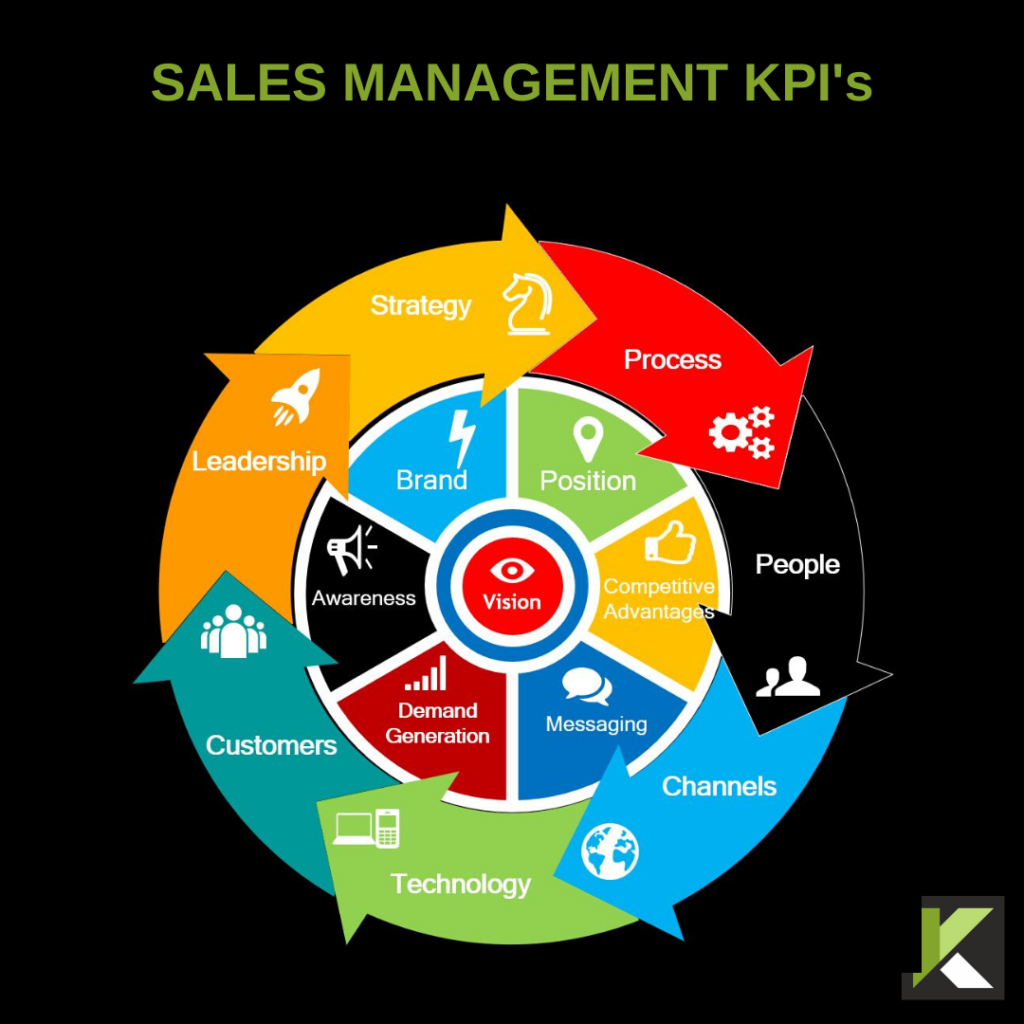
Sistema de Gestão de Vendas
Utilize um Sistema de Gestão de Vendas para criar Dashboards manuais em MS Excel ou painéis digitais no seu CRM, para registar e acompanhar os Objectivos e KPI’s.
Utilizamos um Sistema de Pontuação de Vendas baseado em Harvards Balanced Scorecard que adaptámos às vendas.
O Scorecard centra-se nas quatro principais áreas de vendas que são Encontrar Novas Oportunidades de Vendas, Klozing Mais Oportunidades de Vendas e Growing Mais Oportunidades de Vendas.
O último quadrante chama-se o quadrante Desenvolvimento e centra-se no desenvolvimento dos Vendedores.
| TABELA DE KPI’s DE GESTÃO DE VENDAS | ||
|---|---|---|
| 1. | Reuniões iniciais de vendas | Nas vendas B2B a maioria das vendas começa com uma reunião, mas pode ser um Webinar ou um Call |
| 2. | Acompanhamento das reuniões de vendas | Número de reuniões de acompanhamento por mês |
| 3. | Nº de Propostas Qualificadas | Número de Propostas Qualificadas Geradas por mês |
| 4. | Aquisição de novos clientes | A taxa de novos clientes que entram na empresa por mês |
| 5. | Vendas por Canal | Os valores das receitas de vendas para cada canal por mês |
| 6. | Número de renovações de contratos | O número de renovações de contratos por mês |
| 7. | Pontuações de Satisfação do Cliente | Feedback & opiniões recolhidas dos clientes |
| 8. | Valor do pipeline de vendas | O valor total dos meses actuais Pipeline de vendas |
| 9. | Valor ponderado do pipeline de vendas | O valor ponderado (por percentagem/etapa) do actual Pipeline de vendas |
| 10. | Rotatividade de vendas | Número de representantes que deixam a empresa por trimestre |
| 11. | Formação de Representantes de Vendas | Número de horas de formação desenvolvendo e crescendo os representantes de vendas |
| 12. | Coaching de Reparação de Vendas | Número de sessões de coaching 1-2-1 que cada representante recebeu, geralmente 2 por mês |
| 13. | Realização de Repartição de Vendas | Número de representantes que atingem “On Track” ou superior durante as revisões mensais |
| 14. | Alvos de Repartição de Vendas | Número de Representantes reunidos ou que excedem os objectivos de vendas |
| 15. | Rácios de fecho | O rácio de negócios fechados a partir de leads de vendas qualificados |
| 16. | Líderes devolvidos | O número de leads devolvidos à comercialização para a nutrição |
| 17. | Venda cruzada e ascendente | Número de Representantes que cumprem ou excedem os objectivos |
| 18. | Ciclo de vendas | Velocidade em dias em que o potencial cliente progride através do tubo de venda |
| 19. | Pontuações de Satisfação do Cliente | Feedback & opiniões recolhidas dos clientes |
| 20. | COCA | Custo de aquisição do cliente |
| 21. | Tamanho médio do negócio | O valor médio dos negócios dos últimos meses |
| 22. | Vendas por Canal | Os valores das receitas de vendas para cada canal |
| 23. | Novas contas por canal | O número de novas contas abertas pelo canal de vendas |
4. Quais são os Estilos de Liderança dos Gestores de Vendas?
Cada indivíduo tem o seu próprio estilo ou abordagem à gestão e estes diferentes estilos estão alinhados com o seu perfil DiSC individual.
O modelo DiSC baseia-se em teorias desenvolvidas por cientistas comportamentais do início do século XX, que identificaram quatro dimensões comportamentais. A maioria das análises comportamentais de hoje baseia-se no trabalho de Carl Gustav Jung em 1928, um dos cientistas comportamentais originais. Nas décadas de 1940 e 1950, a teoria DISC foi refinada a partir da teoria original junguiana.
A génese destas teorias é dita pelo filósofo grego Empedocles em BC444, que primeiro definiu as quatro dimensões de uma personalidade como Água, Ar, Terra e Fogo.
Estes estilos não são “podem fazer” ou “não podem fazer”, nem medem competências ou inteligência. Não existem genuinamente respostas certas ou erradas a não ser as verdadeiras. Da mesma forma que as pessoas podem ser esquerdas ou destras, a mente de uma pessoa pode ser influenciada por um dos quatro quadrantes.
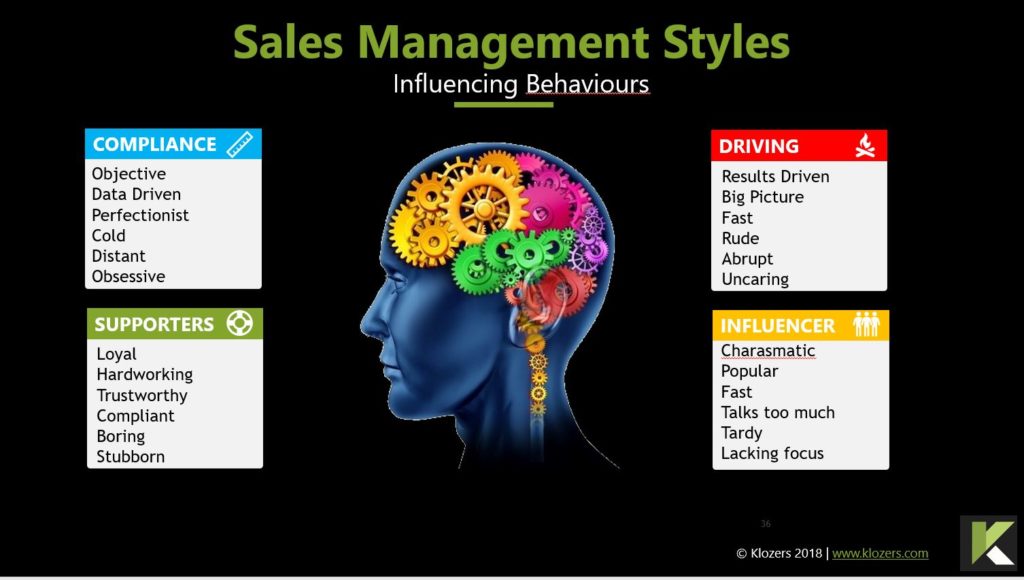
Isto não quer dizer que não retenham traços de um ou mais dos outros quadrantes, mas que cada ser humano tem um estilo ou forma de comportamento preferido.
,
Os relatórios DiSC nunca são 100% exactos, mas dão um diagnóstico credível dos pontos fortes e fracos comportamentais dos quais emergem os nossos Estilos de Liderança.
Estilos e Preferências DiSC dos Gestores de Vendas
CONDUTORES
Combinação de orientação de tarefas e atitude pró-activa.
- Estas são pessoas de tarefas que querem resultados e não perdem tempo em ir atrás deles.
- Tendem a não discutir, explorar, analisar, e pensar profundamente, preferindo tomar decisões sozinhos.
- Podem ser dominantes, prepotentes e impacientes.
- Eles são insistentes, duros, fortes, eficientes, e decisivos.
- Não gostam de estar imersos em pormenores, preferindo informação concisa e resumida.
INFLUENCIADORES/ENERGISLADORES
Uma combinação de pessoas concentradas e uma atitude pró-activa.
- Estas são pessoas de ideias e têm uma forte orientação futura.
- Gostam de mudança, ideias criativas e de explorar novas formas de fazer as coisas.
- Eles têm um forte sentido do que poderia ser melhor e estão empenhados em causas em que acreditam, e que levam muito a sério.
- Gostam de explorar opções e oportunidades, pelo que podem não ser decisivas.
- Tendem a ser indisciplinados, ambiciosos, entusiásticos, dramáticos e amigáveis.
SOLIDEZ/APOIO
Uma combinação de orientação para as pessoas e uma atitude passiva/reactiva.
- São “pessoas” e são muito empáticas e/ou simpatizantes por natureza.
- Querem estabelecer boas relações e uma forma cooperativa de trabalhar com os outros.
- Eles estão interessados em tudo o que diz respeito à pessoa com quem estão a lidar.
- Gostam de ser um ajudante prático.
- Têm pontos de vista e opiniões, mas não estão preocupados em ganhar um debate estando mais preocupados com o que é bom para a outra parte.
- Estão disponíveis, são de apoio, dispostos e confiáveis, o que os torna excelentes treinadores/mentores.
CONFORMIDADE/CORRECÇÃO
Uma combinação de orientação de tarefas e uma atitude passiva/reactiva.
- Estas são pessoas cautelosas que gostam dos factos, e verificam os pormenores.
- Eles querem analisar e considerar tudo antes de tomar decisões.
- Eles usam persuasões racionais.
- São críticos, ordeiros, sérios, e questionadores.
- Tiram conclusões com base nos dados disponíveis.
5. Quanto custam os Cursos de Formação em Gestão de Vendas custo?
A formação em Gestão de Vendas é indiscutivelmente mais importante do que a formação de vendedores, uma vez que o Gestor estabelece a fasquia em termos de desempenho.
O gestor define a estratégia de vendas, cria os planos de vendas e responsabiliza os vendedores pela execução do plano.
Os custos de Formação de Vendas no Reino Unido variam entre cursos gratuitos on-line e workshops gratuitos, até £2.000 para as marcas maiores, no entanto, a maioria dos cursos disponíveis são cursos de um ou dois dias, e estes custam normalmente entre £300 e £900 por pessoa, por dia.
Temos uma selecção de cursos de formação disponíveis a partir de cerca de £500 por dia, cobrindo Competências de Venda Consultiva, Formação em Gestão de Vendas e Formação em Gestão de Contas Chave.
A formação em Gestão de Vendas inclui tipicamente os seguintes tópicos centrais:
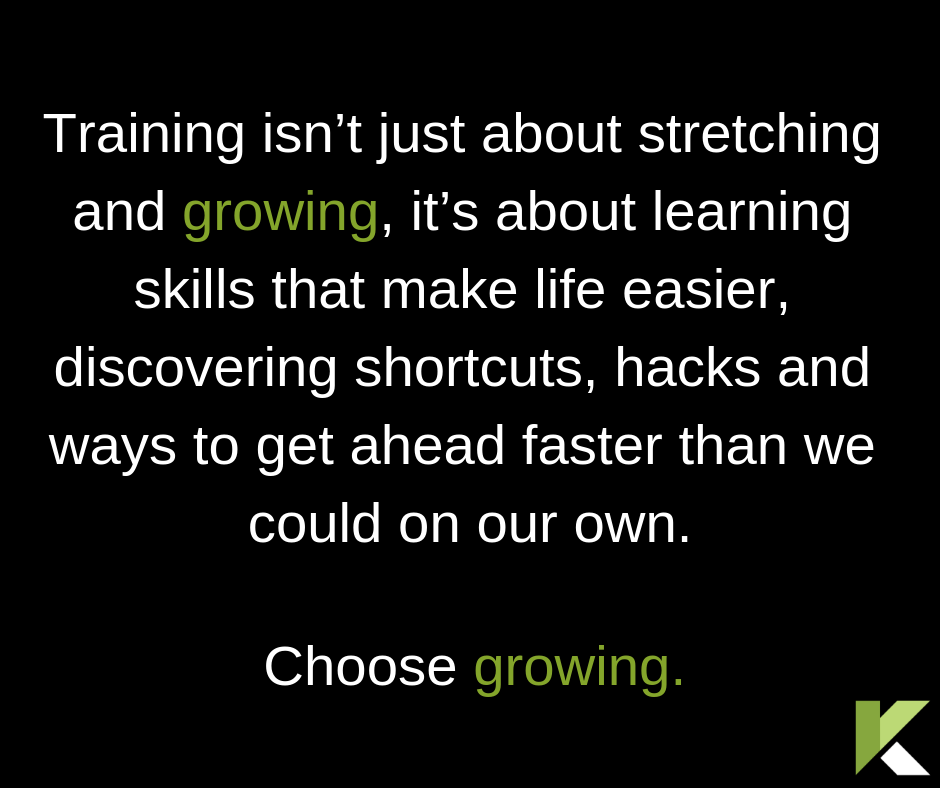
| TÓPICOS DE FORMAÇÃO EM GESTÃO DE VENDAS | |
|---|---|
| Recrutamento e Contratação | Como encontrar e contratar grandes vendedores e depois embarcá-los com sucesso. |
| Gestão | Como gerir com sucesso uma equipa de vendas vencedora. |
| Formação & Coaching | Como as pessoas aprendem e como treiná-las para Campeões de Vendas. |
| Estratégia de vendas | Como diferenciar os seus produtos e serviços e vender mais. |
| Gestão de condutas de venda | Compreender, medir e gerir um moderno canal de vendas. |
| Planeamento e Análise | Análise e planeamento para o crescimento das vendas. |
6. Quais são as melhores ferramentas para gerir equipas de vendas?
Há muitos tipos diferentes de Ferramentas de Gestão de Vendas disponíveis, a maioria dos quais são alguma forma de Ferramentas de CRM (Customer Relationship Management). Embora estas sejam inestimáveis, existem muitas outras ferramentas igualmente importantes, produtivas e necessárias disponíveis, dependendo das suas necessidades. As ferramentas de gestão de vendas são predominantemente divididas nestes tipos:
- Gestão da Relação com o Cliente. Há muitas ferramentas de vendas excelentes disponíveis dependendo das suas necessidades e orçamento. Dependendo da maturidade da sua unidade de vendas, é muitas vezes melhor começar com as ferramentas básicas e concentrar-se na adopção pelo utilizador.
- Automatização do Marketing. Embora estas sejam predominantemente ferramentas de marketing, muitas delas vêm agora com um CRM leve incorporado para que se possa manter toda a informação do cliente num único local.
- Ferramentas de conteúdo. Estas são ferramentas que se concentram no armazenamento, indexação, personalização e renderização do conteúdo de vendas. O conteúdo é tipicamente multiformato e baseado em nuvens para acesso no campo.
- Processo empresarial. Estas ferramentas integram-se com os sistemas mais amplos da empresa e podem incluir características como a facturação e o controlo de stocks.
- Ferramentas de Gestão de Recursos Humanos e Desempenho. Estas ferramentas podem executar tarefas simples, tais como o registo de Férias até às Revisões de Desempenho e Esquemas de Salário & Comissões.
Em muitos casos, as empresas têm múltiplos sistemas que não se integram e podem causar imprecisão & duplicação de dados, e a repetição de certas tarefas que reduzem a produtividade. Como exemplo, não é raro que uma base de dados de marketing esteja separada da base de dados de vendas, nem seria raro que as Finanças tivessem uma base de dados diferente para a facturação. Estes são sistemas herdados, que tanto a empresa como a tecnologia ultrapassaram e são melhor removidos ou actualizados.
7. Análises de desempenho de vendas
É amplamente aceite na gestão moderna pensando que as pessoas são a componente mais importante em qualquer negócio, e as vendas não são diferentes. Se não cuidar dos seus vendedores, eles não cuidarão dos seus clientes, e se você desenvolver um negócio, deve primeiro fazer crescer as pessoas no negócio.
Fornecer revisões de desempenho regulares, justas e objectivas assegura que os vendedores estão alinhados com os objectivos do negócio, actuando ao nível ou acima do esperado e motivando-os a continuar e a fazer melhor, e por último, como reconhecimento dos seus esforços.
A venda profissional pode ser difícil, frustrante, stressante e ansiosa, e isso num dia bom, pelo que poderá beneficiar de fornecer revisões numa base mensal em vez de anual. Apesar de isto ocupar mais Tempo de Gestão, o retorno em desempenho e moral da equipa é enorme (se for feito correctamente).
Os vendedores respondem bem quando são introduzidas as Revisões de Desempenho Mensais, pois todos os seres humanos querem ser o melhor que podem. Ninguém quer fazer um mau trabalho, é apenas que a vida, as circunstâncias, as pessoas, a tecnologia e as coisas se metam no caminho.
Uma Análise de Desempenho é, portanto, uma oportunidade para ajudar os vendedores a serem bem sucedidos, a crescerem e a desenvolverem-se.
Os gestores de vendas sentem-se por vezes desconfortáveis com as revisões mensais, pois estão sempre ocupados e não precisam da carga de trabalho adicional. Além disso, muitas vezes acreditam que não há necessidade de revisões, uma vez que falam com o seu povo todos os dias.
Isto não é o mesmo que uma análise estruturada, objectiva e profissional. Também é possível que alguns gestores de vendas se sintam simplesmente desconfortáveis na função de coaching, uma vez que ou não têm sistema, não têm processo ou não tiveram a formação necessária.

O maior activo de qualquer organização é o seu pessoal e dada a elevada proporção de más contratações e o custo inerente a um novo funcionário que não trabalha, poderá valer a pena explorar revisões mais frequentes.
As Revisões de Desempenho do Pessoal ocupam tempo de Gestão, no entanto são essenciais se quiser manter a sua força de trabalho envolvida, crescendo e entregando valor ao negócio.
8. Análise de vendas
Com o advento da tecnologia moderna, a Análise de Vendas tornou-se uma parte maior e mais importante do papel dos Gestores de Vendas modernos. O conhecimento prático das folhas de cálculo Excel é necessário, para além da proficiência no sistema de vendas das empresas. Na sua maioria, esta seria a ferramenta CRM [Customer Relationship Management] que a empresa estava a utilizar, no entanto, quanto mais madura for a Organização de Vendas, maior será a probabilidade de estarem a utilizar tecnologia adicional com dados. Isto poderia incluir sistemas de RH, software de compensação de vendas, ferramentas de habilitação de vendas e ferramentas de Marketing, se utilizadas em Campanhas de Vendas.
Os exemplos típicos de análise de vendas incluem:
- Custo de aquisição do cliente
- Valor do Tempo de Vida do Cliente
- Custo das vendas
- Divisão de vendas de produtos para assegurar a venda cruzada
- Análise Territorial para assegurar a cobertura
- Análise de contas-chave para assegurar retenção e crescimento
- Análise de mercado ou tendências para planeamento futuro
- Desempenho do Representante de Vendas
- Satisfação do cliente
- Análise Sazonal
A conclusão de qualquer Análise de Vendas depende de dados precisos e actualizados, que muitas vezes não estão disponíveis.

9. O que é a Gestão do Território de Vendas?
A Gestão do Território de Vendas é o processo pelo qual as empresas segmentam e gerem e servem as contas dos clientes dentro de um território geográfico definido.
Há muitas variáveis envolvidas nisto e, portanto, os Planos Territoriais podem parecer muito diferentes de uma empresa e território para outra.
As organizações empresariais têm normalmente Planos Territoriais em vigor com listas pré-definidas de contas alvo estabelecidas pela Administração. Estas contas “nomeadas” terão sido segmentadas em importância com mais tempo a ser atribuído às contas maiores e mais rentáveis. Muitas vezes os vendedores não são autorizados ou creditados para outras contas ou negócios no território quando operam listas de contas nomeadas.
O Vendedor de um Território terá de manter ou aumentar as receitas dos clientes existentes e desenvolver e abrir novas contas no território.
Os planos territoriais incluem a frequência e o número de visitas que o Representante de Vendas deve realizar com cada uma das contas.
Os planos territoriais são geralmente revistos pela Direcção de Vendas em cada trimestre numa reunião chamada QBR (Quarterly Business Review). Nestas reuniões, os vendedores apresentam um relatório de actualização ou progresso e um plano revisto para os próximos 90 dias.
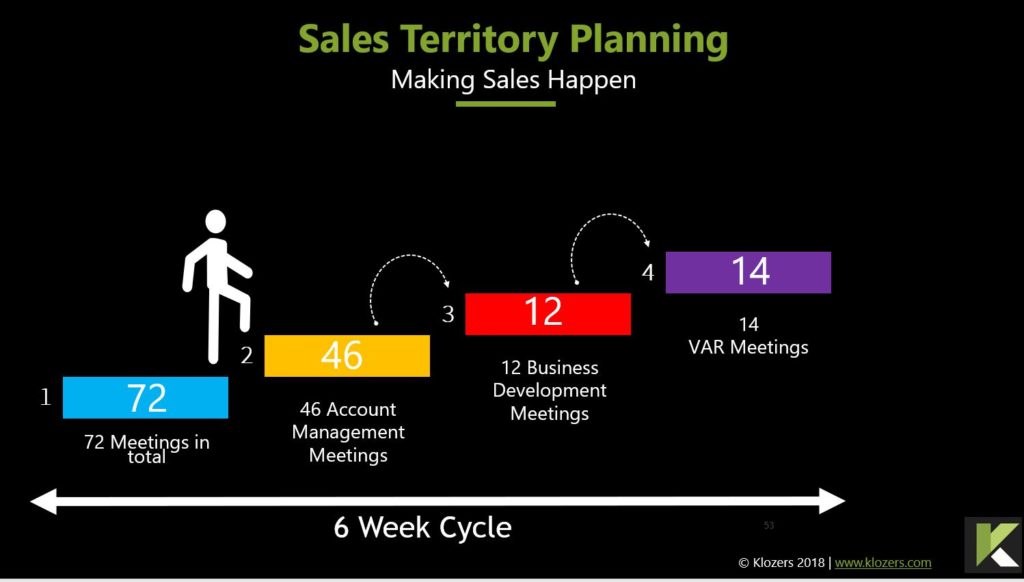
10. Exemplos de funções de vendas
| Representante de Desenvolvimento de Vendas | Concentrado na geração de leads e sentar-se entre os leads qualificados de marketing e vendas antes de passar para o pessoal de vendas |
| Pré-venda Técnica | Fornece conhecimentos técnicos especializados antes da venda para assegurar a conformidade, compatibilidade e satisfação do cliente após a venda |
| Representantes de Desenvolvimento de Negócios | Focado principalmente na abertura de novas contas e na conquista de novos negócios |
| Vendas internas | Vendedores de balcão que realizam uma série de actividades de venda |
| Gestores de contas | Focado principalmente na retenção e crescimento das contas de clientes existentes |
| Representantes de vendas no terreno | Representantes de vendas no terreno que realizam uma variedade de actividades de vendas no exterior |
| Gestor de Vendas de Canais | Fornece apoio e gere os parceiros do Canal |
11. Leitura recomendada
Se estiver a dirigir uma equipa de vendas, é importante compreender as competências da sua equipa. Pode aceder a uma ferramenta de auditoria de vendas gratuita parte 1 sobre Competências de Vendas para comparar os seus Vendedores com os Melhores da Classe e ajudá-lo a compreender as áreas que poderá querer priorizar.
Também pode aceder às funções de vendas comuns que todas as organizações bem sucedidas têm de assegurar-se de que têm o ambiente certo para o sucesso de vendas. Pode avaliar estas funções gratuitamente utilizando esta ferramenta de auditoria de vendas parte 2 sobre as funções de vendas na sua empresa.


